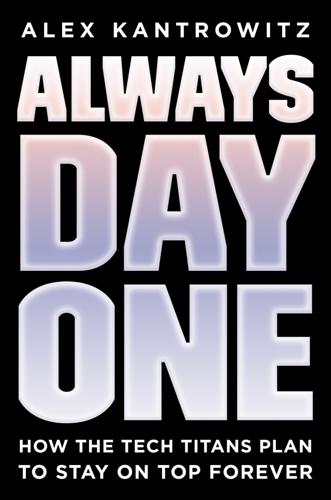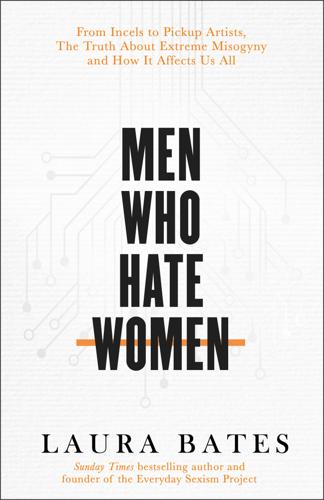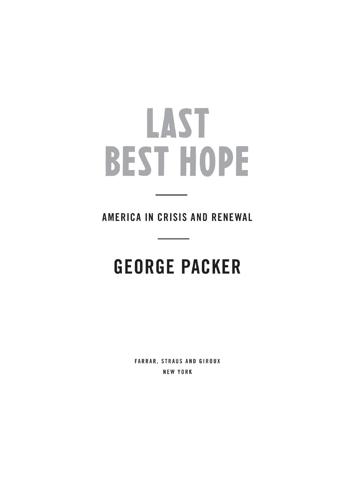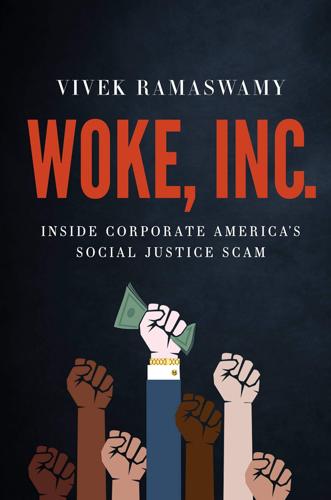anti-bias training
description: training programmes designed to challenge and address unconscious biases in the workplace or other environments.
5 results

Always Day One: How the Tech Titans Plan to Stay on Top Forever
by Alex Kantrowitz · 6 Apr 2020 · 260pp · 67,823 words
engineer named James Damore wrote a ten-page memo critiquing the company’s diversity and inclusion practices. He composed his memo after attending Google’s anti-bias trainings, and sent it to the sessions’ organizers in an attempt to deliver some feedback. Unequal representation of men and women in tech, Damore wrote, may

Men Who Hate Women: From Incels to Pickup Artists, the Truth About Extreme Misogyny and How It Affects Us All
by Laura Bates · 2 Sep 2020 · 364pp · 119,398 words
women and certain groups – in particular, women of colour and LGBT people – have not always had positive responses when reporting to the police. System-wide anti-bias training would help to tackle issues around victim-blaming and the fact that these crimes are often not taken seriously. But this is not just an

Please Don't Sit on My Bed in Your Outside Clothes: Essays
by Phoebe Robinson · 14 Oct 2021 · 265pp · 93,354 words
an example and look at the trajectory of her book and career since the New Yorker labeled her “the country’s most visible expert in anti-bias training.” At the time I’m writing this, White Fragility has been on the New York Times bestsellers list for ONE HUNDRED AND THIRTY-FOUR WEEKS
…
. She then went on to write books, teach, and coined the phrase “white fragility” in a peer review in 2011, and she has been doing anti-bias training since at least 2007. She has put in years of effort, but there are a couple problems: her rates and the fact that
…
anti-bias training actually doesn’t work. First, a word about the money issue. Let me be clear: If there is a demand for what you can supply

Last Best Hope: America in Crisis and Renewal
by George Packer · 14 Jun 2021 · 173pp · 55,328 words
, allyship, and the “Fourth Founding” (after 1776, 1863, and 1965). This activism shifted the scene from blighted urban neighborhoods and prisons to human resources departments, anti-bias training sessions, and BIPOC reading lists. It was less interested in social reform than a revolution in consciousness. The pandemic almost disappeared from mind as millions
…
flawed human beings to rise to the subject’s huge demands. No one says what they think when the setting is a university classroom, an anti-bias training session, a newspaper op-ed, or a tweet. These are all performance spaces. It would be better to have real conversations, two people of different

Woke, Inc: Inside Corporate America's Social Justice Scam
by Vivek Ramaswamy · 16 Aug 2021 · 344pp · 104,522 words
more humble” and that “white people are socialized to feel that they are inherently superior because they are white.”8 Starbucks said it would mandate anti-bias training for executives and tie their compensation to increasing minority representation in its workforce. In 2021, the new trend became unstoppable. In response to Georgia’s